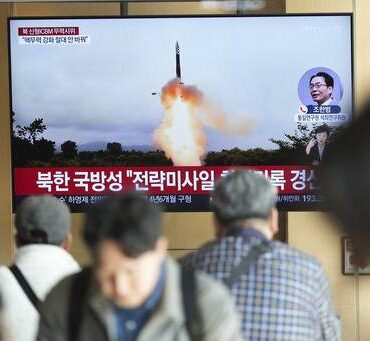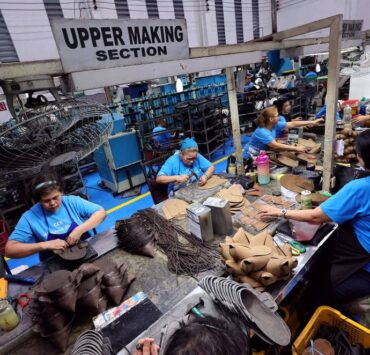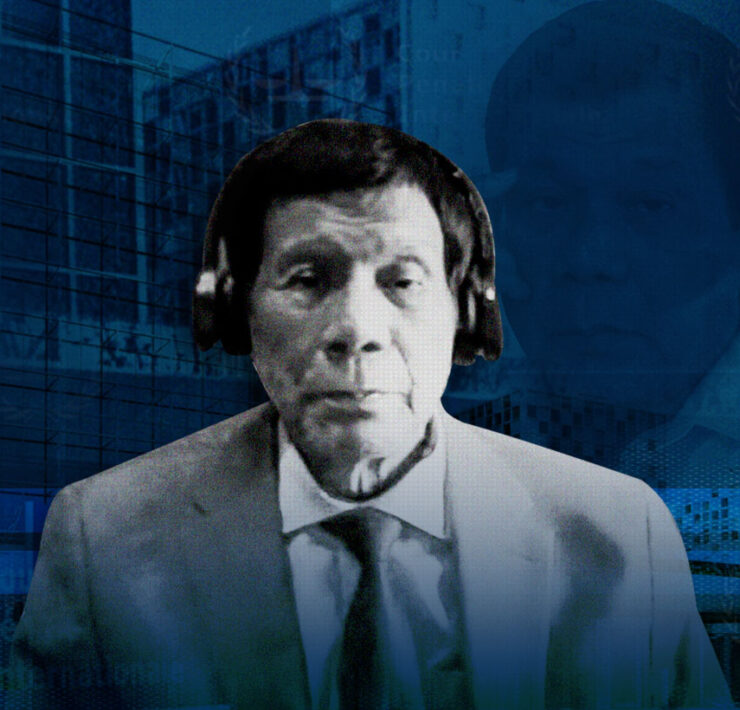Remembering EJKs and death of due process

Remembering the dead is a time-honored tradition in these parts, with Filipinos paying their respects to the departed with equal parts grief and longing, and some measure of comfort over good moments shared.
However, for the families of thousands of victims of extrajudicial killings (EJKs) during the Duterte drug war, remembering brings with it painful memories of how once productive lives were suddenly, brutally and unjustly cut short, often in the middle of the night, and by the police who were sworn to serve and protect the public. That the bodies were dumped unceremoniously on streets and in dark alleys, sometimes with a crude placard describing them as drug pushers, only underscores the perpetrators’ lack of respect for the dead and total disregard for the feelings of the victims’ families.
The horrific details of the drug war surfaced anew in this week’s Senate hearing on EJK, with its chief architect, former president Rodrigo Duterte justifying the crime. In what former senator Panfilo Lacson had termed a “Senate invasion,” Duterte essayed for hours his self-described role as “The Punisher,” and expressed neither remorse nor apology for thousands of lives lost.
Shot in ‘self-defense’
“Don’t question my policies because I offer no apologies, no excuses. I did what I had to do,” Duterte said, his imperial manner recalling the climate of fear and impunity during his term. With no sense of irony, he added: “The war on illegal drugs is not about killing people. It’s about protecting the innocent and the defenseless.”
According to official police records, more than 6,000 suspects died in the drug war, some of them children as young as one. Rights groups however placed the number of victims as closer to 20,000.
While he had vigorously denied that the drug killings were a state policy, Duterte’s words betrayed him, as he reiterated how he had instructed the police to force suspects to fight back so they could be shot in “self-defense.”
When he taught at the police academy and as a fiscal, Duterte said he encouraged the police to defend themselves when their lives were at risk. “The duty of the police is to overcome the resistance if a suspect won’t surrender and is armed. And if you think … that you’ll get killed, then shoot him. Shoot him in the head, kill him! At least there’s one less criminal in the community.”
Blanket excuse
At the same time, Duterte said, he did not tolerate police abuses “in (his) entire life as mayor for so many years and as president.” The claim was previously belied by his own justice secretary, Menardo Guevarra, who told the United Nations Human Rights Council in February 2021 that the police did not properly examine many weapons used in drug war killings, disputing the blanket excuse claim that drug suspects were killed because they fought back.
In multiple cases, guns with the same serial numbers were found at two or more crime scenes, suggesting they were planted by drug war operatives and used several times, a June 2020 report by the Office of United Nations High Commissioner for Human Rights Michelle Bachelet noted.
“In more than half of the records reviewed, the law enforcement agents involved failed to follow standard protocols pertaining to coordination with other agencies and the processing of the crime scene,” Guevarra admitted of the more than 5,000 EJK cases that the justice department had reviewed. Of this number, only eight policemen have been convicted for drug killings, as of June this year.
Virtual confession
During the Senate hearing, Duterte declared that he was taking “full legal responsibility” for the successes and shortcomings of the drug war. “I and I alone take full legal responsibility for everything the police did pursuant to my order. I should be held accountable and imprisoned, not the police who followed my orders. They were just doing their jobs.”
But when Sen. Risa Hontiveros called his bluff and asked if he was taking responsibility for the killing of Kian delos Santos, the 17-year-old mistakenly identified and killed as a drug addict, Duterte reverted to bluster, claiming that the killing was the “personal” responsibility of the police officers who had shot the boy.
He may not have pulled the trigger, but as earlier testimonies from Duterte allies revealed in previous House hearings, the former president’s alleged reward system for drug kills and a Davao death squad he himself acknowledged in the Senate, have undeniably tainted his hands with the victims’ blood. Duterte’s Senate testimony is a virtual confession that the justice department must investigate posthaste.
Meanwhile, as families mourn their departed and the demise of due process, justice, and accountability in the drug war, let us pray that those involved in the state-sponsored killings would soon reap the consequences of their dastardly deeds, if only to allow the dead to finally rest in peace.





















